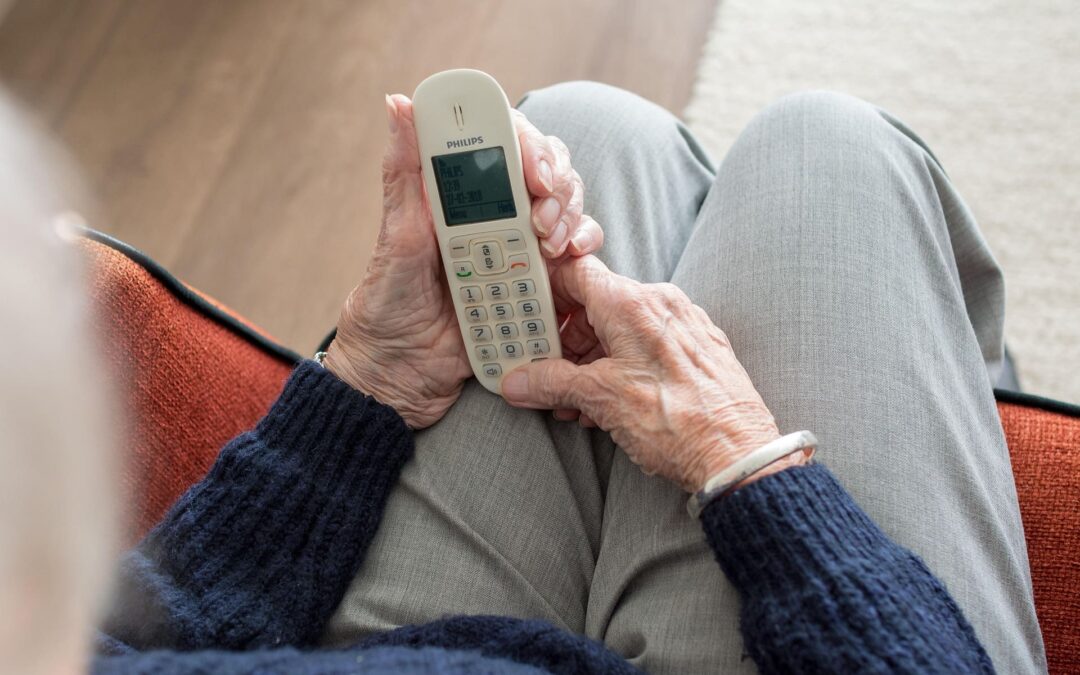Making the decision to transition a loved one into assisted living or arrange home care is never easy. Yet, recognizing the signs early can ensure their safety, dignity, and overall well-being. This article explores how to know when it’s time for home care or assisted living, helping families navigate this important decision with confidence.
What Is Assisted Living? Understanding the Basics
Assisted living is a residential option for seniors who need help with daily tasks such as bathing, dressing, or medication management, but who do not require round-the-clock medical care. According to the National Institute on Aging (NIA), these communities offer a balance between independence and support, often providing meals, housekeeping, social activities, and transportation services.
Home care, on the other hand, refers to professional caregiving provided in the comfort of the senior’s own home. Services can range from basic assistance with household chores to skilled nursing care.
Why This Choice Matters Now More Than Ever
The U.S. is facing a significant demographic shift. By 2050, 23% of Americans will be aged 65 or older. As more families face caregiving decisions, understanding the differences between home care and assisted living—and when each is appropriate—becomes essential. Safety concerns, mental health, and physical limitations all play a role in determining the right path.
Telltale Signs Your Loved One May Need More Support
1. Increased Falls or Physical Instability
Frequent falls, unsteadiness, or injuries that go unreported are serious red flags. Seniors may downplay incidents to maintain independence, but consistent physical instability is often a sign they need supervised care.
2. Worsening Chronic Conditions
If your loved one’s health issues—such as diabetes, dementia, or heart disease—are becoming harder to manage, it may be time for professional support either at home or in a community setting.
3. Poor Hygiene and Personal Care
Declining grooming, wearing the same clothes repeatedly, or forgetting to bathe may indicate that daily tasks are becoming too difficult to manage alone.
4. Neglected Household Tasks
A once-tidy home that becomes increasingly cluttered, dirty, or unsafe is a common indicator. Spoiled food in the fridge or unpaid bills piling up could be signs of cognitive decline or physical limitation.
5. Social Withdrawal or Depression
Isolation can be both a cause and symptom of deteriorating mental health. Seniors who stop engaging in hobbies or socializing may benefit from a community-based setting that offers daily interaction.
Assisted Living vs. Home Care: Which One Is Right?
Assisted Living
- Pros: 24/7 supervision, built-in social community, no home maintenance, structured schedule
- Cons: Relocation stress, ongoing costs, potential emotional impact of leaving home
Home Care
- Pros: Comfort of familiar environment, customizable hours and services, often less disruptive
- Cons: Limited social interaction, may require home modifications, can become expensive with increasing needs
Helpful Tip: If your loved one thrives in their current home and only needs occasional support, home care might be the best choice. If their care needs are more intensive or you’re noticing signs of loneliness and isolation, an assisted living community might provide a better quality of life.
How to Start the Conversation With a Loved One
Discussing a transition can be emotional. The American Association of Retired Persons (AARP) suggests approaching the topic gently and involving your loved one in the decision-making process. Use specific examples rather than generalizations (“I noticed you had trouble getting up the stairs yesterday” vs. “You’re getting old”).
It may also help to tour assisted living communities or schedule a consultation with a home care agency to explore your options together.
Empowering Families With the Right Information
Deciding between home care and assisted living is deeply personal, but being informed helps families make the best possible choice. Pay attention to your loved one’s changing needs, have open conversations, and don’t hesitate to seek professional assessments if you’re unsure.
At Sheraton Care, we understand the weight of these decisions. Whether you’re looking for guidance, in-home support, or considering assisted living options, we’re here to help you provide the care your loved one deserves. Recognizing when it’s time for assisted living can be the most compassionate step forward.

